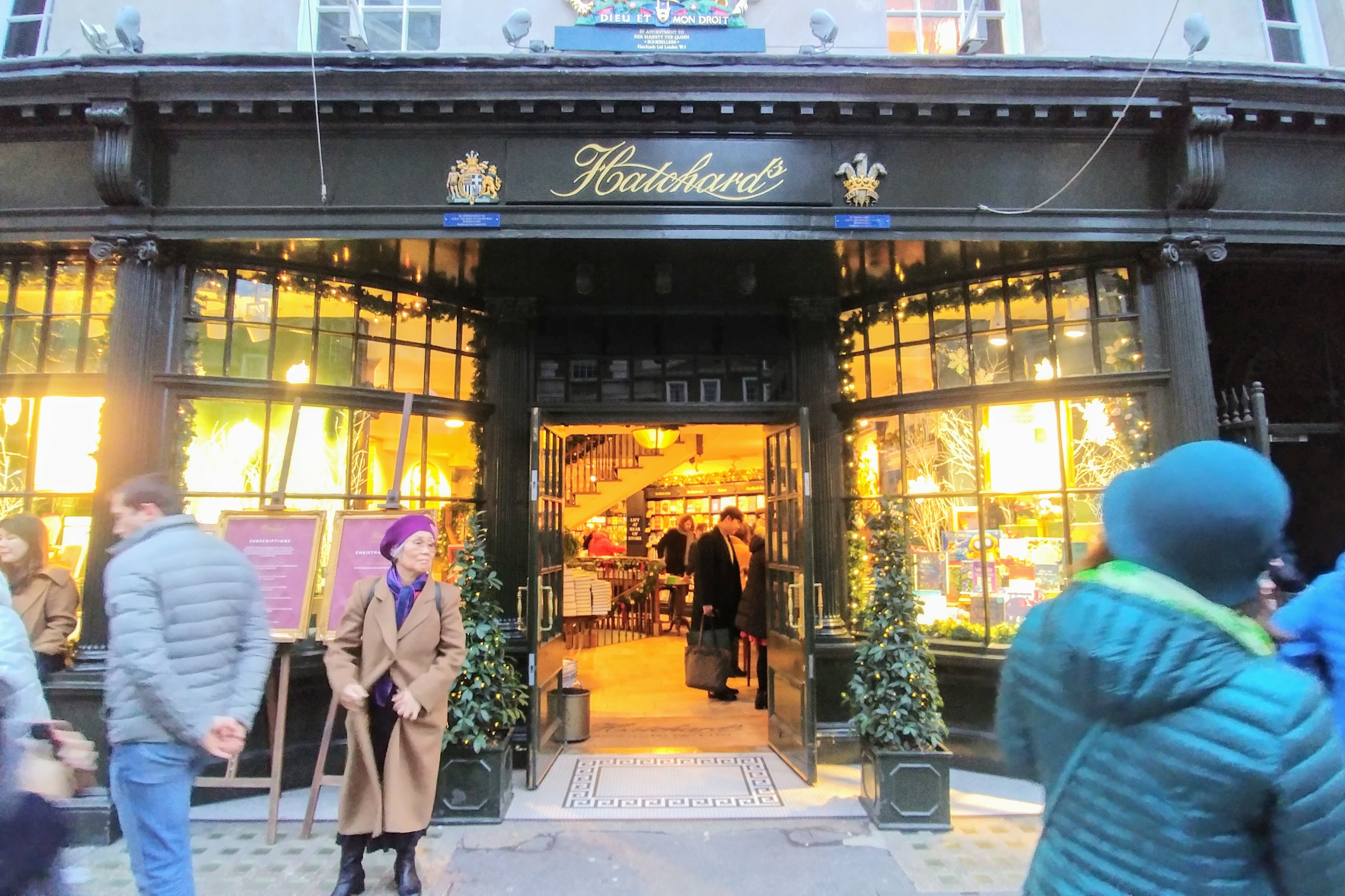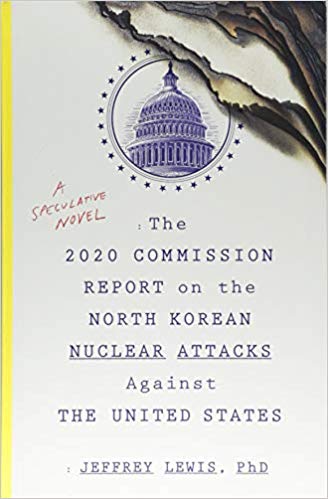Including sitting with a lost dog for 45 minutes this morning, I've had a pretty lazy Sunday. Here are some of the articles I might read if I decide to do anything productive today:
Finally, in part because of the proportion of depressing things listed above, I want to post a photo of this dog:

Why? Because she's just that adorable. And not at all troubled by the newspapers.
Via Bruce Schneier, this is literally* a thing:
The book opens with Massimo working in his combination laboratory and server farm; we know it's ironclad because of the required thumbprint and biometrics scan, but we also know it's classy because it's in an old wine cellar beneath his family villa outside Milan. Plus, he has three screens, so you know he's a serious cybersecurity hacker man.
Nat is a 20-something who lives a poverty-driven boho life. Massimo—who is Mr. Cyber—is, in her eyes, a "sleek, lean, sex-on-legs stud" who looks nothing like the stereotypical tech billionaire. And the chemistry between them ignites as he drags her back to his server room and tells her to do some... penetration testing.
She demurs.
Six chapters in. I am convinced that this book was written by a Harlequin Markov bot.
I may not add this to my book list just now. But at least I know it's out there...
*Yah, sorry. That's "literally" twice.
A religious group has petitioned Netflix to cancel Amazon Prime's miniseries Good Omens:
The six-part series was released last month, starring David Tennant as the demon Crowley and Michael Sheen as the angel Aziraphale, who collaborate to prevent the coming of the antichrist and an imminent apocalypse. Pratchett’s last request to Gaiman before he died was that he adapt the novel they wrote together; Gaiman wrote the screenplay andworked as showrunner on the BBC/Amazon co-production, which the Radio Times called “a devilishly funny love letter to the book”.
But Christians marshalled by the Return to Order campaign, an offshoot of the US Foundation for a Christian Civilisation, disagree. More than 20,000 supporters have signed a petition in which they say that Good Omens is “another step to make satanism appear normal, light and acceptable”, and “mocks God’s wisdom”. God, they complain, is “voiced by a woman” – Frances McDormand – the antichrist is a “normal kid” and, most importantly, “this type of video makes light of Truth, Error, Good and Evil, and destroys the barriers of horror that society still has for the devil”. They are calling on Netflix to cancel the show.
Actually, McDormand is technically not God but the voice of God, otherwise known as the Metatron. Pity Alan Rickman wasn't around to reprise his role from Dogma.
Also a pity none of the religious nutters involved watched the show. On Amazon. Because it's a much better adaptation than I thought possible, probably because the novel's co-author Neil Gaiman wrote the screenplay and is one of the executive producers.
But the crazies will crazy, even if they haven't figured out how to stream video online.
I've just started reading anthropologist David Graeber's book Bullshit Jobs. It's hilarious and depressing at the same time. For a good summary, I would point you to Graeber's own essay "On the Phenomenon of Bullshit Jobs" that ran in Strike seven years ago:
A recent report comparing employment in the US between 1910 and 2000 gives us a clear picture (and I note, one pretty much exactly echoed in the UK). Over the course of the last century, the number of workers employed as domestic servants, in industry, and in the farm sector has collapsed dramatically. At the same time, ‘professional, managerial, clerical, sales, and service workers’ tripled, growing ‘from one-quarter to three-quarters of total employment.’ In other words, productive jobs have, just as predicted, been largely automated away (even if you count industrial workers globally, including the toiling masses in India and China, such workers are still not nearly so large a percentage of the world population as they used to be.)
But rather than allowing a massive reduction of working hours to free the world's population to pursue their own projects, pleasures, visions, and ideas, we have seen the ballooning of not even so much of the ‘service’ sector as of the administrative sector, up to and including the creation of whole new industries like financial services or telemarketing, or the unprecedented expansion of sectors like corporate law, academic and health administration, human resources, and public relations. And these numbers do not even reflect on all those people whose job is to provide administrative, technical, or security support for these industries, or for that matter the whole host of ancillary industries (dog-washers, all-night pizza delivery) that only exist because everyone else is spending so much of their time working in all the other ones.
These are what I propose to call ‘bullshit jobs’.
It's as if someone were out there making up pointless jobs just for the sake of keeping us all working. And here, precisely, lies the mystery. In capitalism, this is precisely what is not supposed to happen. Sure, in the old inefficient socialist states like the Soviet Union, where employment was considered both a right and a sacred duty, the system made up as many jobs as they had to (this is why in Soviet department stores it took three clerks to sell a piece of meat). But, of course, this is the sort of very problem market competition is supposed to fix. According to economic theory, at least, the last thing a profit-seeking firm is going to do is shell out money to workers they don't really need to employ. Still, somehow, it happens.
The book expands on the essay's themes, and adds scholarship, so it's therefore even more depressing than the original column. But he suggests an alternative: public policies to redistribute wealth back to the people who created it, and actually free up our time from these bullshit jobs.
I got lost in here for an hour:

This is Hatchard's, the oldest bookstore in London. If I had much more time or if I were checking a bag tomorrow, I'd have bought more books. You know, to go with the hundred or so I haven't read yet...
I started reading Jessica Powell's online novel The Big Disruption last week. It's hilarious. And it has a lot to say about the archetypes of software development.
The premise is that the monarch of a fictional country has been exiled to California, where he found work first as a janitor at Stanford and then at a hot startup. He applies to a Google-like company and gets hired—but by accident, as a product manager.
Sample:
Arsyen washed his hands and returned to the cubicle, armed with his new vocabulary.
When Roni asked Arsyen about prioritization, Arsyen asked, “Is this on the roadmap?”
When Sven suggested adding images of attractive women to the car dashboard, Arsyen rubbed his chin.
“Does this align with our strategy?”
When all three looked to him for an opinion in how best to implement Symmetry Enhancement, Arsyen stood and put his hands on his hips.
“Does this align with the strategy on our roadmap?”
No one seemed to notice anything was amiss. If anything, it seemed like product managers just asked questions that other people had to answer.
“Good brainstorm, everyone. Let’s break for lunch,” Roni said. “Oh, and Arsyen, this is still very confidential, so let’s get this whiteboard cleaned off.”
Arsyen jumped up and began to wipe the whiteboard clean as Sven and Jonas scooted their chairs back to their desks. Arsyen was pleased that product managers seemed to have some janitorial tasks in their role. Maybe this wouldn’t be such a stretch after all.
I can't read it at work because I would have to explain why I'm laughing so hard.
Yesterday I finished Dr. Jeffrey Lewis's speculative novel, The 2020 Commission Report on the North Korean Nuclear Attacks Against the United States. Why scary? Because Lewis lays out, clearly and without hyperbole, a plausible scenario for what could be the most destructive conflict in human history.
In conjunction with Bob Woodward's Fear and the soon-to-be released The Apprentice, it's even scarier—and no less plausible.

Spend $15 and read this book.
I mentioned earlier today (yesterday BST) that I sought the Source. Here it is:

That monument marks the official head of the River Thames, though in September after a long, dry summer, there isn't a lot else that would convince you. Still, boundaries and origins have always fascinated me, so I just had to see it.
Naturally, the closest pub to the monument capitalizes on its notoriety:

Also just as naturally, my trip to Kemble required a totally unanticipated hour and 20 minutes in Swindon, which...well, let me save a thousand words:

Yeah...I don't even know the American analogy to it, but my money's on Elgin: the train doesn't stop in the best spot, but otherwise it's a decent exurb with a history.
Tomorrow I'm staying entirely in London, and planning on going to pub quiz at my second-favorite pub in the world, now that I know they have pub quiz Monday nights. Right now, I aim to finish Redshirts, which I started in Kemble. And then go to sleep. Because my stay-on-Chicago-time strategy has not worked entirely according to plan.
I've been reading a novel written in 1935 that, except for its contemporary cultural references, could have been written in 2015. Or, heaven forfend!, 2020.
I can't recommend Sinclair Lewis' It Can't Happen Here enough. Donald Trump isn't exactly Buzz Windrip, but he's too close for comfort.
The problem, of course, is that authoritarian demagogues follow a script, and if you've read that script, you know the ending. Worse, you know the chapters between here and there. Lewis's wife, Dorothy Thompson, covered Germany as a journalist in the early 1930s. In that decade, Americans worried more than we do today about fascism—even without knowing the truth about Nazism's final solution.
The novel has different pacing and dialogue than modern audiences might prefer. The protagonist also sounds a bit preachy. And don't get me started with the casual sexism of Lewis's worldview. But he was prescient. And he showed how, exactly, it could happen here.
The events of the last three years do too. Let's hope our institutions survive.
Amazon's bidding process for its second headquarters (HQ2) has given the company a bonanza of information about what 238 cities are willing to give up in order to get a piece of the action, and thus what levers Amazon can pull to get public money for its private gain. Not to mention, the applications gave the company millions of dollars worth of marketing data:
Amazon asked every city and state applying for its second headquarters for details about local resources, like available talent and transit options. Local officials were also prodded for tips on local education programs and tax incentives.
The answers — most of which have not been released publicly — essentially do Amazon’s homework for it, providing valuable information that the company otherwise would have needed to dig up on its own or obtain through one-on-one negotiations.
“This is not just about HQ2,” said Richard Florida, an authority on urban development and a professor at the University of Toronto. “It’s about a broader locational strategy. HQ2 is the carrot. That’s the only thing that makes sense.”
Meanwhile, CityLab has put together a guide to the "HQ2 Hunger Games" with detailed breakdowns of the 20 finalists. And they second the Times' assessment on Amazon's ulterior motives: "As CityLab has previously reported, the economic incentives being offered to lure Amazon’s 50,000 jobs and $5 billion in investment were historic in proportion even before the company announced the finalists."